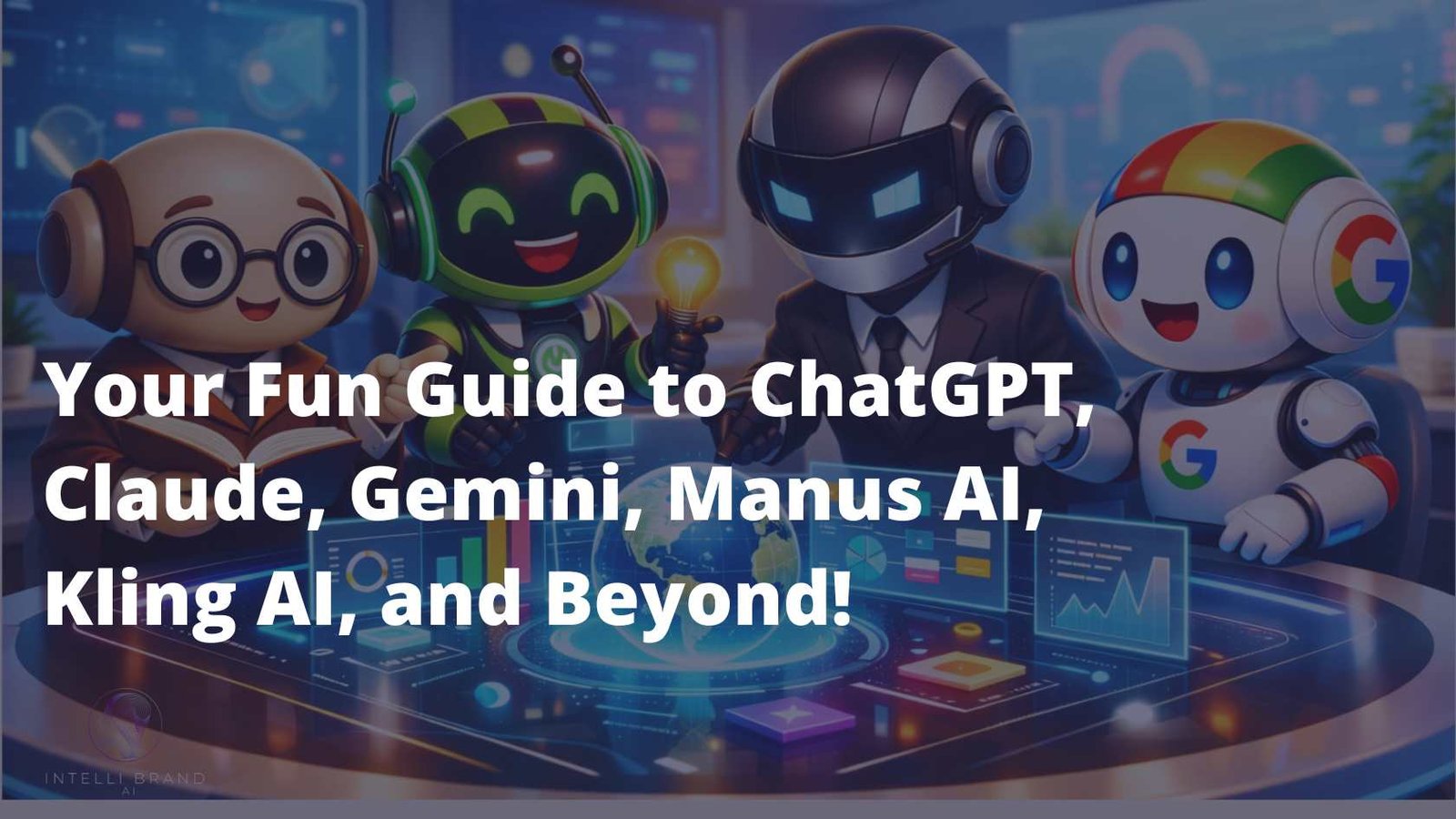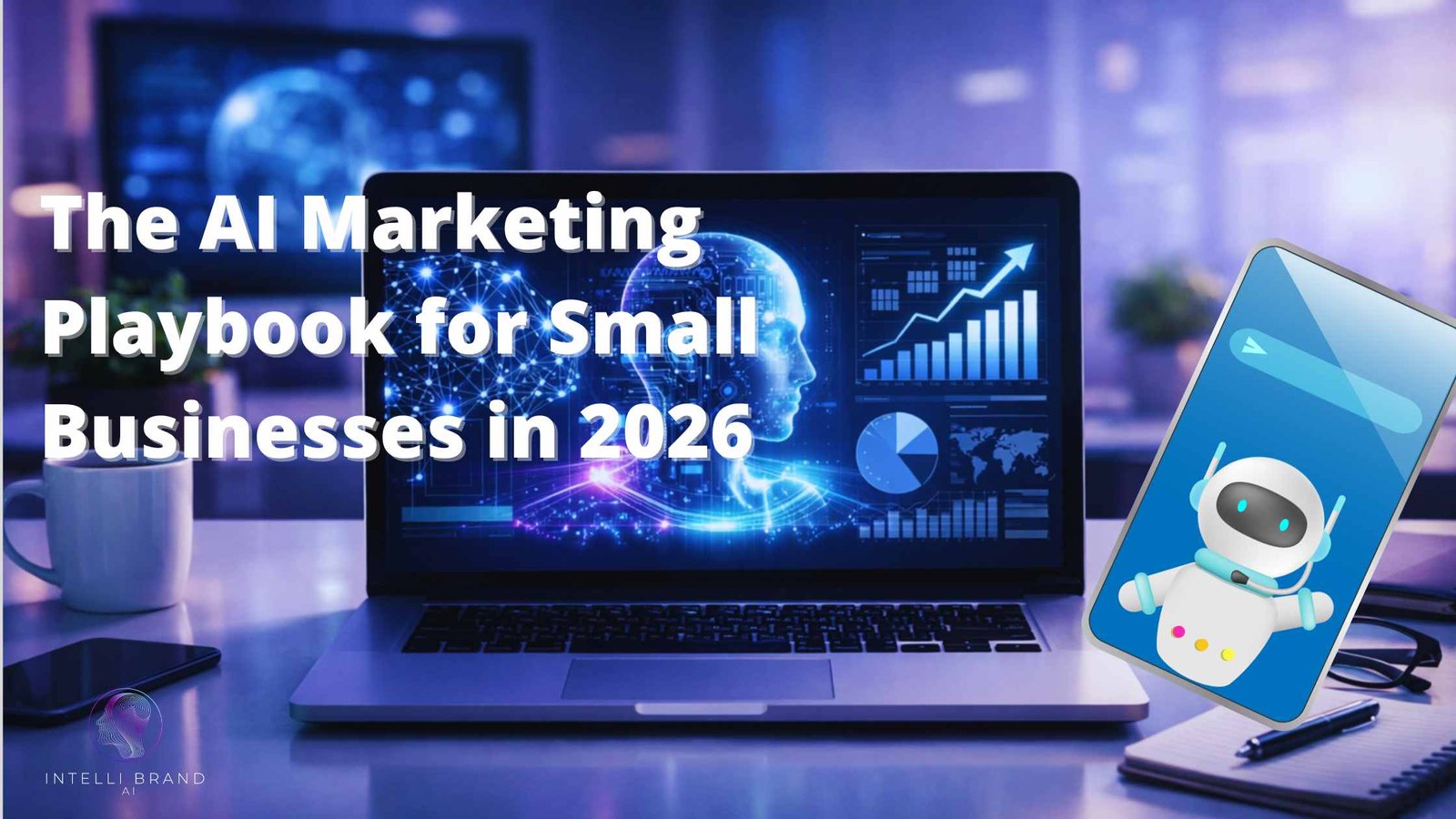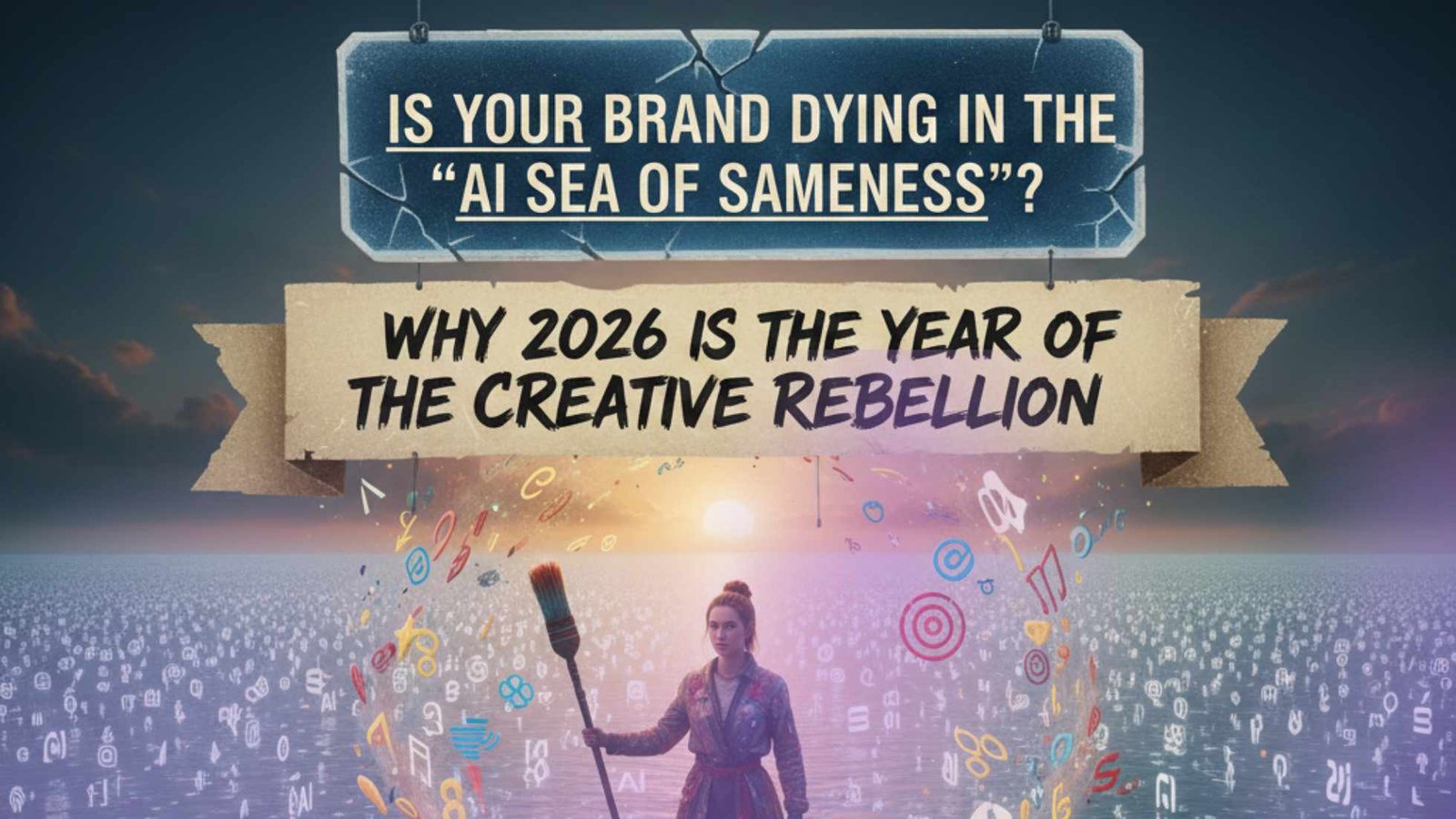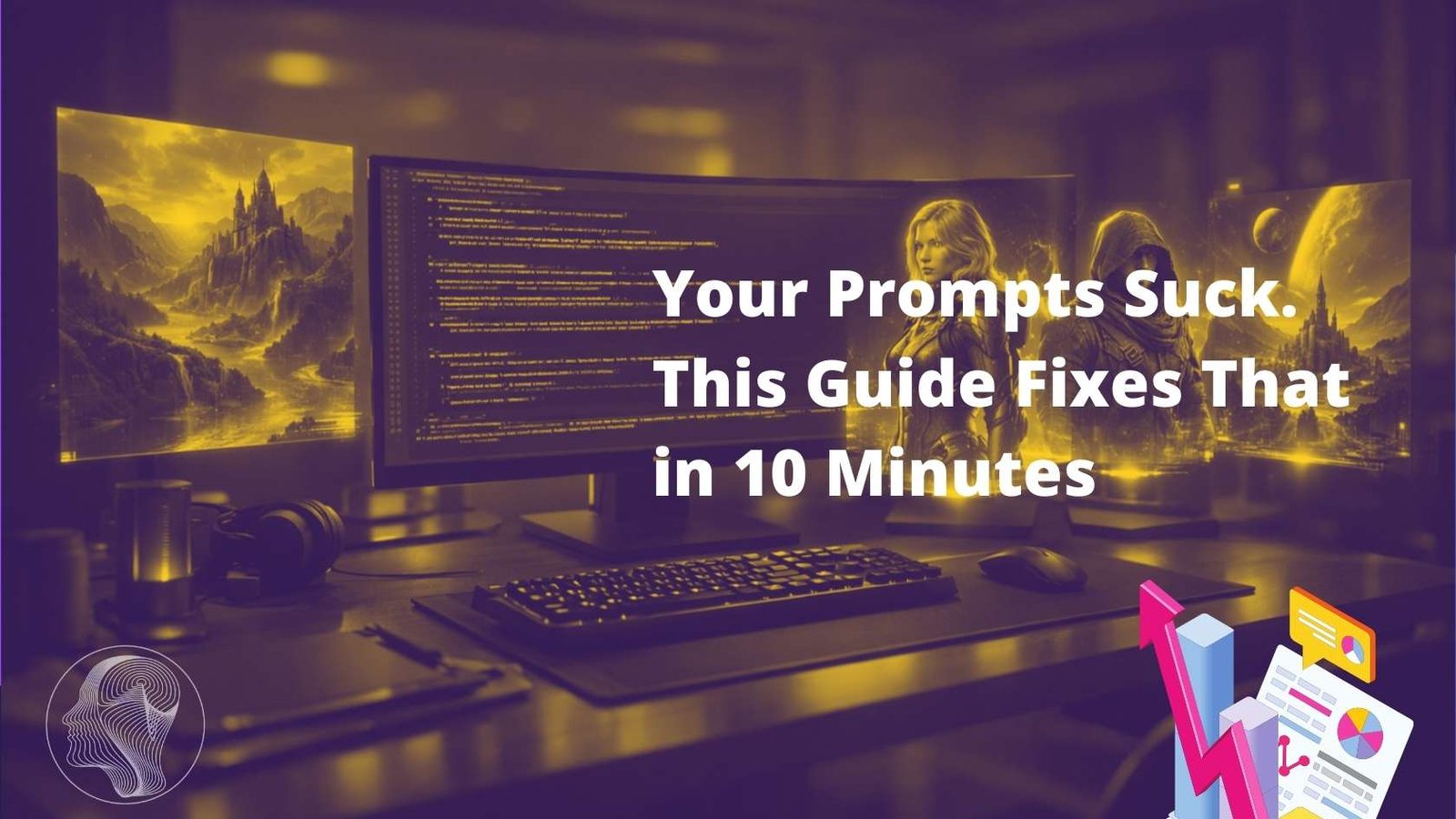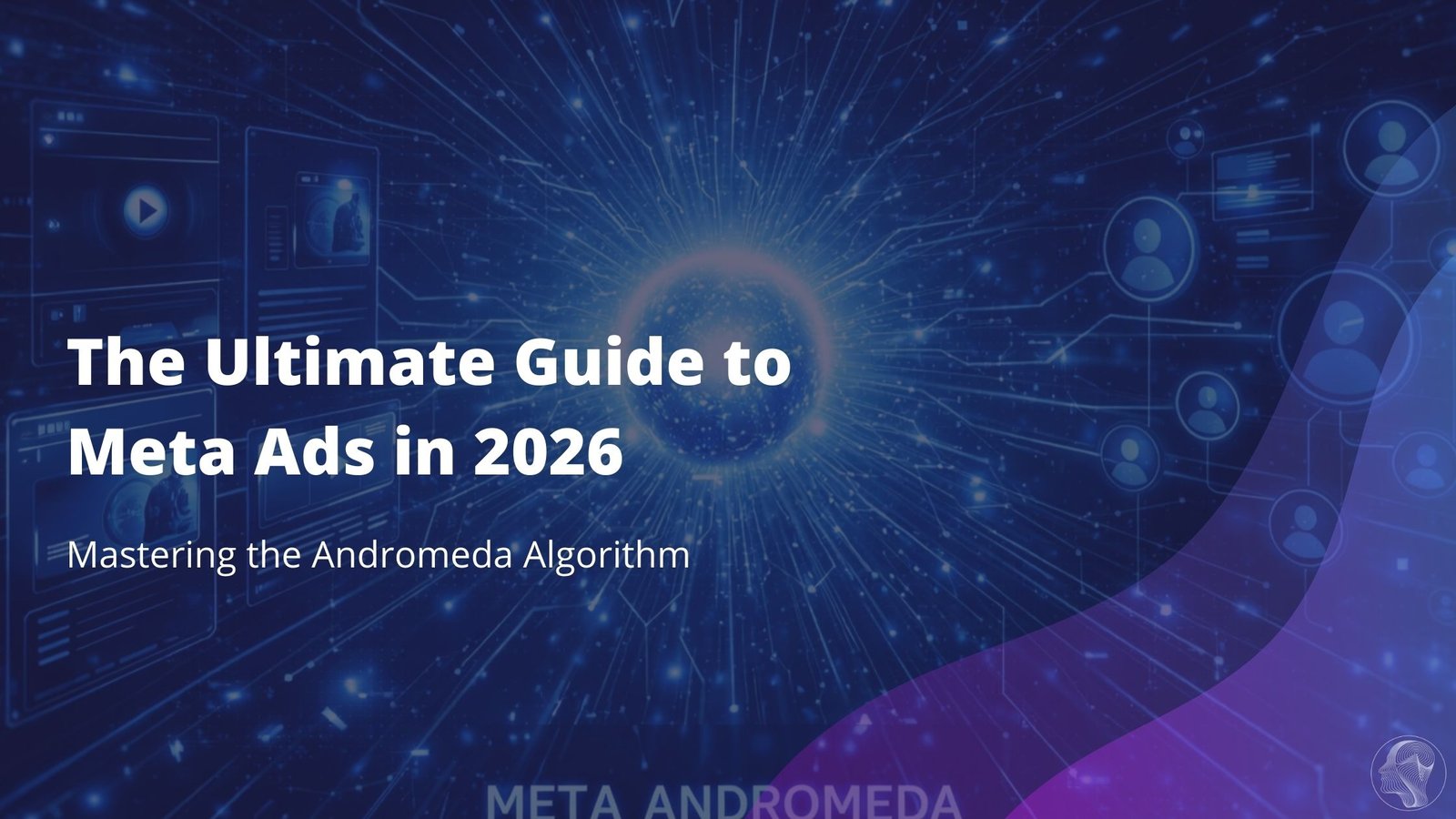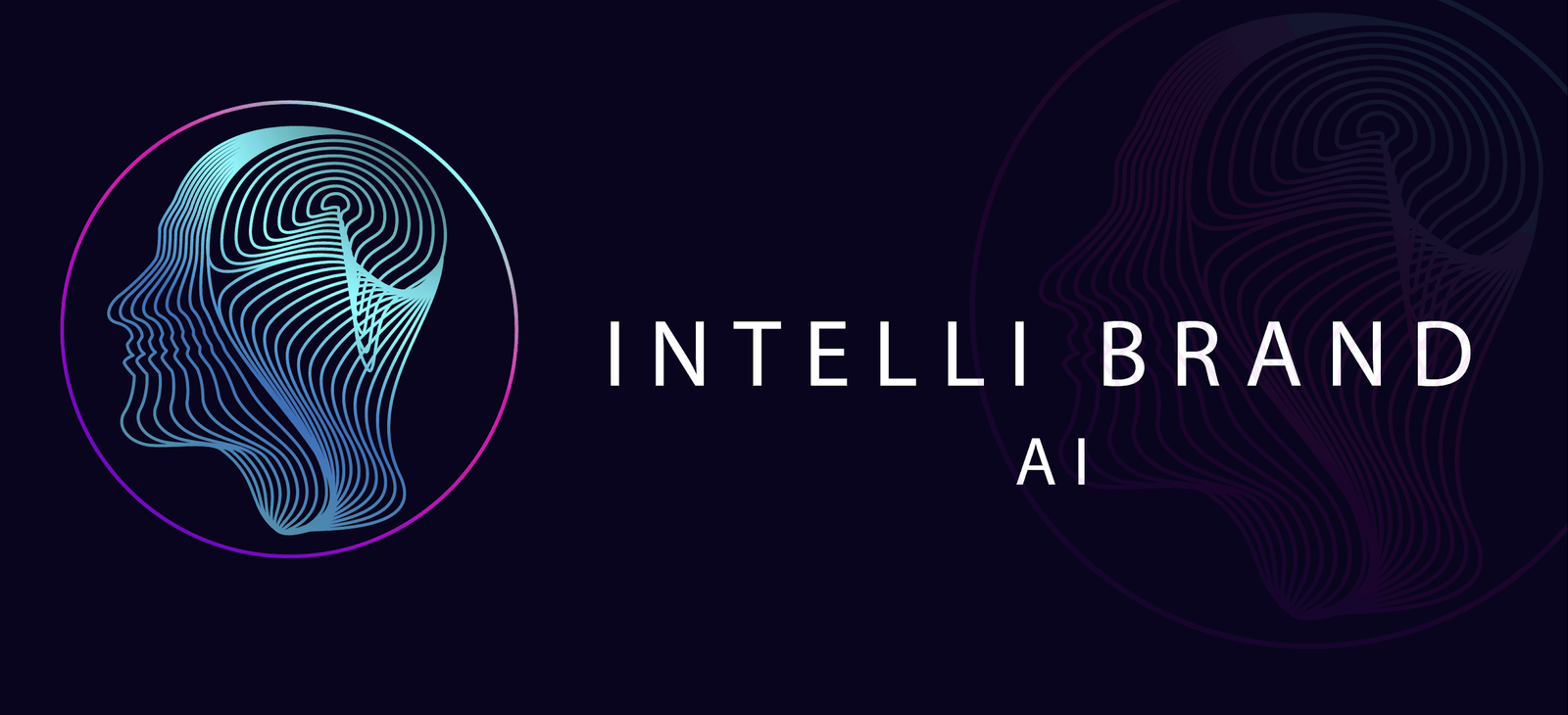Table of Contents
ToggleAI in Marketing 2025: Top Tools, Trends, and Strategies for Success
AI's Revolutionary Impact on Marketing
The integration of artificial intelligence in marketing has sparked a revolution, transforming how businesses analyze data, interact with customers, and execute campaigns. As we move into 2025, the adoption of AI tools and strategies is no longer optional—it's essential for maintaining a competitive edge in the digital marketing landscape.
This article delves into the cutting-edge AI trends shaping the future of marketing and highlights the essential tools businesses must embrace to remain relevant. From predictive analytics to automation and content creation, AI is not only streamlining processes but also driving meaningful connections with target audiences.
For a deeper dive into how AI reshapes industries beyond marketing, explore our AI Innovations Hub.
Key AI Tools Driving Marketing Innovation in 2025
As AI evolves, its role in marketing automation and customer insights becomes more critical. Here are the top tools shaping 2025:
1. Customer Insights Tools
Platforms like Qualtrics and G2 use AI to analyze customer feedback and behavioral data, enabling businesses to create tailored campaigns. Real-time trend analysis ensures marketers can respond swiftly to shifting consumer demands.
- Example Internal Link: Discover more in our guide to AI-Powered Customer Insights.
2. Automation Solutions
Tools like HubSpot and Zapier automate repetitive tasks, freeing up time for strategic initiatives. By optimizing workflows, these platforms ensure marketing teams deliver content to audiences at the most impactful moments.
3. AI Content Creation
AI-driven platforms such as Jasper AI and Copy.ai leverage natural language processing (NLP) to generate high-quality content. From blog posts to social media captions, these tools enhance creativity while maintaining brand consistency.
- External Link Suggestion: Learn more about NLP and its Applications in Marketing.
4. Predictive Analytics
Tools like Google Analytics 4 and SAS Predictive Analytics harness historical data to forecast trends. This enables businesses to make informed decisions about resource allocation, campaign timing, and product launches.
- Example Internal Link: Explore the Role of Predictive Analytics in Digital Strategy.
Why Personalization is Key
In 2025, AI-driven personalization is shaping the way businesses engage with customers. By analyzing vast datasets, AI can predict consumer preferences and behaviors, enabling businesses to deliver highly relevant content.
- Example: Companies like Amazon excel by suggesting products based on purchase history, boosting conversion rates and customer loyalty.
- Data Insight: Studies reveal that personalized campaigns can lead to a 20% increase in sales, underscoring their importance.
For tips on building personalized campaigns, check out our AI Personalization Best Practices.
Ethical Considerations in AI Marketing
The rise of AI in marketing comes with ethical challenges:
- Data Privacy: Adhering to regulations like GDPR is crucial to maintain consumer trust.
- Bias in Algorithms: Businesses must audit AI tools to ensure inclusivity and fairness.
- Transparency: Consumers should understand how AI impacts their experiences.
To learn how to implement ethical AI, visit our Ethical AI Implementation Guide.
AI and Voice Search: A Game Changer for SEO
The surge in voice-activated searches is reshaping SEO strategies. Queries made via voice are more conversational, prompting marketers to prioritize long-tail keywords. Additionally, local SEO becomes increasingly vital as users often search for location-specific results.
To optimize for voice search, ensure your content includes FAQs and structured data. For more tips, explore Voice Search Optimization for 2025.
The Role of Predictive Analytics in Modern Marketing
Predictive analytics is revolutionizing how businesses strategize and allocate resources. By leveraging AI-driven tools, companies can:
- Forecast Trends: Analyze historical data to predict future consumer behavior.
- Enhance ROI: Target campaigns more effectively to maximize return on investment.
- Improve Customer Experiences: Personalize interactions based on predictive insights.
Example External Link: Read about AI-Driven Predictive Analytics in Action.
Machine Learning: Transforming Marketing Automation
Machine learning enables marketers to automate and optimize various processes:
- Ad Placements: Platforms like Google Ads use machine learning to adjust bids and placement for maximum impact.
- Chatbots: NLP-powered chatbots improve customer service, reducing response times and increasing satisfaction.
- Performance Analytics: Tools like Marketo analyze campaign metrics to suggest actionable improvements.
Discover how to integrate machine learning into your strategy with our Marketing Automation Handbook.
The Future of AI-Driven Marketing
As technology advances, the potential applications for AI in marketing will expand:
- Hyper-Personalization: Tailoring campaigns to individual preferences.
- Real-Time Insights: Gaining instant access to consumer behavior patterns.
- Sustainability: Using AI to optimize eco-friendly marketing practices.
By embracing these innovations, businesses can maintain relevance and excel in a competitive marketplace.
Conclusion: Adapting to AI's Transformative Power
AI tools are redefining the marketing landscape, offering unparalleled opportunities for businesses to enhance customer engagement, optimize resources, and drive revenue. As we move deeper into 2025, staying informed about the latest trends and technologies is critical for success.
By leveraging AI in personalization, predictive analytics, and automation, businesses can position themselves as leaders in an increasingly competitive digital marketplace.
Recommended Reading: Stay updated on industry trends with our AI Marketing Insights.


